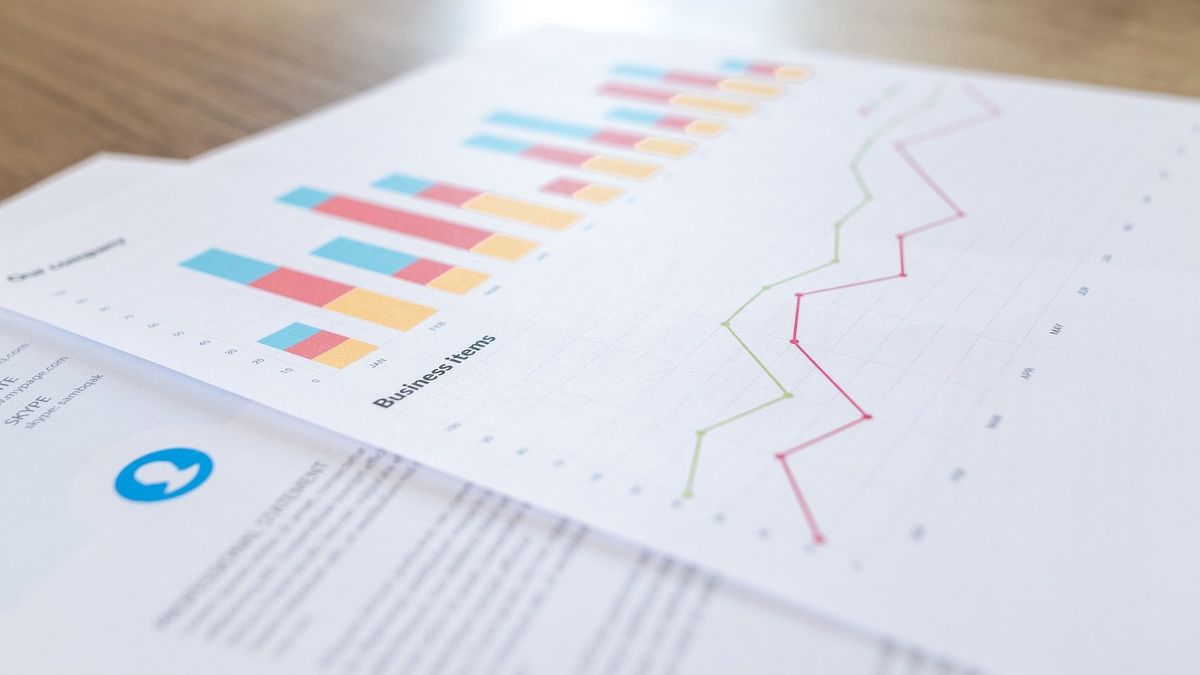“The best way to predict the future is to create it” (Peter Drucker). A repetitive phrase that I heard ad nauseam the week before the midterm elections was What is going to happen on Monday? On Sunday, November 14, I was answering the media who asked the same question until before 9:00 p.m. My answer was that of the teacher Peter Drucker. But Clarín’s former partner investment bank Goldman Sachs says Sunday’s election results in Argentina may complicate talks with the IMF and precipitate a major devaluation.
The famous devaluation club
Argentina’s macroeconomic and financial volatility is likely to remain high after Sunday’s midterm elections, and given the current large imbalances, a large short-term devaluation appears inevitable, Goldman Sachs said –which was on the brink of bankruptcy in 2008 and, was saved by the US Government – in a report to investors. With Argentina’s ruling party suffering a second electoral defeat this year, the country may see increased risk in ongoing negotiations with the International Monetary Fund and face additional populist measures in the short term, according to Goldman Sachs. However, today, Monday, Argentine public securities rose, Global bonds in dollars showed increases of up to (+ 2.8%), led by GD41D, and seconded by GD35D (+ 2.4%) and, Country Risk fell 43 basis points (-2.5%) and it was drilling 1,700bp, in response to the defeat of the ruling party in the midterm elections that were held yesterday.
In reaction to Sunday’s midterm elections in the South American nation, the investment bank says divisions within the government may deepen and that “Internal dissent over the direction of politics could grow even more.” Nothing more false, on Wednesday 17 (the day after tomorrow) there will be an impressive popular expression of support from all social movements, and the different Workers’ Centers. This election has united the Frente de Todos presided over by President Alberto Fernandez.
According to the official results reported by Clarín (former partner of Goldman Sachs), the ruling coalition Frente de Todos lost control of the Senate to Juntos por el Cambio, occupying only 35 seats out of a majority of 41 seats. It is that the Senate plays provincial questions of negotiations and Alliances, where the strength of the Executive Power is crucial. Nothing is that difficult to negotiate in the Senate.
A phrase like “This backdrop increases the risk of an (even) more heterodox / interventionist policy mix that could further complicate the already difficult negotiation of an IMF program to re-profile heavy writedowns in the coming years,” that the economist Alberto Ramos wrote today, acquires an ideological and political position that ignores that in the 4 Peronist governments, with heterodox and interventionist policies, the GDP grew widely, between 1945-1955, 1973-1975, 2003-2015. Even in its neoliberal version, the Peronist government of Menem grew up with hetero-orthodoxy. It is a problem in Argentina that history is not studied, nor are differences established between a doctor, a master’s degree, a graduate and a commercial expert, when it comes to economic political analysis. And, when a financial analyst speaks, he usually responds to a poor cultural background, and an excellent but excessive quantitative approach that does not contribute much.
Losing control of Congress means that the government would have to negotiate with a stronger and reinvigorated opposition that could lead to a noisy and volatile policymaking process. Overall, macro and financial volatility is likely to remain high and given the current large imbalances, a large short-term devaluation seems inevitable, ”Goldman said in the report. Clearly with a strong interest in unseating the Government of Alberto Fernandez.
It is an analysis error due to misinformation, in the opposition there are already at least 4 candidates for president and the real fight is within the fragile anti-Peronist Alliance.
IMF program
In a prerecorded message released Sunday night, Argentina’s President Alberto Fernández said the government will present a new economic program to Congress in the first week of December. Clarín (the true opposition party-crutch of the PRO, the UCR and the Civic Coalition) reported that the program could be the same plan already discussed with the IMF, whose content and macroeconomic goals are still unknown. Without offering details. The so-called “blue” dollar (illegal) is trading lower, reaching $ 199 per dollar.The informal ticket came from falling $ 6.50 on Friday and registering an intra-daily historical maximum of $ 207 last Thursday, according to a survey by the daily ambito.com in the Black Market of Foreign Exchange.
Contradiction
As a whole, the market is likely to “take a distinctly positive view” of the election results, Goldman Sachs said. “A more market-friendly composition of Congress could lead to more effective checks and balances and ultimately a policy regime change in 2023, but there is also the risk of more populist policies in the short term.”
The numbers in the world and Argentina
In 2020 (during the pandemic) 225 million jobs were destroyed in the world according to the ILO, Argentine GDP that year fell 9.9%, but recovers to 9.1% in 2021. In the same years taken: France collapsed 8.3% and recovers 5.5%, Italy sank 8.8% and rescues 5.5%, Italy destroyed 10.83% and redeems 5.5%, Mexico fell 8.95% and reconquers 5.9%. England had the worst drop in 300 years in 2020 (-9.76%).
Investment in Argentina recovered vigorously, compared to 2020 (+ 20.4%), compared to 2019 (+ 16.3%), in proportion to 2018 (+ 8.4%) (Source: Orlando Ferreres). The numbers reveal that there is greater investment with the Government of Alberto Fernandez in the midst of the pandemic, than with Macri (2018-2019) without a pandemic. Exports are a record in 9 months, US $ 58,000 million (the highest since 2011), with a trade surplus of US $ 12,300 million (the highest since 2009). The industry grew (+ 11.4%) compared to 2020, (+ 10.4%), compared to 2019, (+ 8.8%), in proportion to 2018, according to Orlando Ferreres. In the 48 months of the Macri government, 46 months employment was destroyed. Today, in the midst of the pandemic, there are 35,000 more industrial jobs than in 2019 without a pandemic. Automotive exports jumped 57% in September (the highest figure in 4 years). Cement shipments grew 18.3% in September (second highest record in history) Source: PxQ Consultant. Tax collection grew 58% in October (the highest in real terms since 2015) Source: AFIP.
conclusion
The biggest risk is “not thinking,” we overestimate the capabilities of failed macroeconomists and repeatedly underestimate that what they say can go wrong. The ancients considered excessive pride to be the greatest flaw, and the gods punished it mercilessly. Watch YouTube and see how many TV macroeconomists received fatal retribution for their excessive conceit. Achilles and Agamemnon died paying the price for their arrogance; Xerxes, who dethroned Queen Vashti for not running immediately at her call, failed because of his vanity when he attacked Greece; and many strategists throughout history have died for not recognizing their limits. Any investor or businessman in the famous colloquium who does not examine that macroeconomists are his Achilles heel is bound to lose money. Of course, the colloquia are very funny with the jokes of the macroeconomic celebrities.
Professor of Postgraduate UBA and Master’s degrees in private universities. Master in International Economic Policy, Doctor in Political Science, author of 6 books. @PabloTigani
Source From: Ambito




